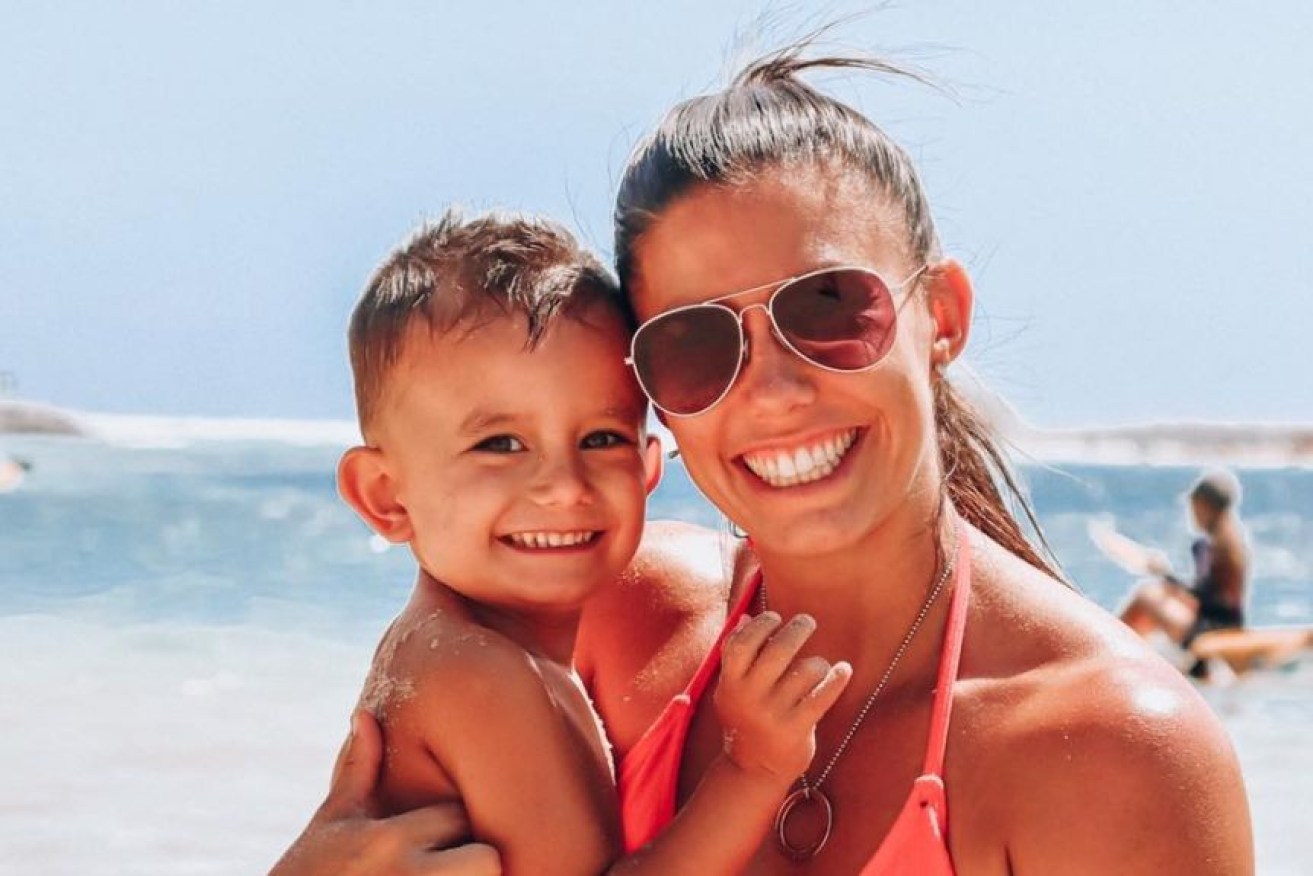Small step for Hannah: Victim’s parents welcome domestic violence package
The family of Brisbane domestic violence victim Hannah Clarke, murdered along with her three children by her estranged husband on a Brisbane street two years ago, have welcomed the State Government’s plan for a Commission of Inquiry into police responses to family violence calls.

An inquiry into police responses to domestic violence calls has been welcomed by the parents of Hannah Clarke.(Facebook)
The Queensland government has pledged $363 million to implement findings from a taskforce investigation, about police responses to domestic and family violence after survivors raised concerns about their treatment.
Lloyd and Sue Clarke said the four-month inquiryt was a step in the right direction to reduce the likelihood of their daughter’s harassment and death.
“Today is an emotional day for us,” Mr Clarke told the ABC.
“This is why we formed ‘Small Steps for Hannah’ to give our four angels a voice and make change.
“We’re grateful the government has come on board, they’ve always been in the background there with us talking and we’re so grateful they’re going to make coercive control laws.
“It’s something we’ve been pushing for and we’re so happy they’re also putting money into education for kids who needs to know what a better, healthy relationship is like.
“To the police force – they’ve always been behind us as well but they’re underfunded and [there’s a] lack of recognition of coercive control but with this money hopefully it will make things a lot better.”
Hannah and her three children Aaliyah, 6, Laianah, 4 and Trey, 3 died in February 2020 after they were doused in petrol by her estranged husband.
Premier Annastacia Palaszczuk says the probe is in line with recommendations from the Women’s Safety and Justice Taskforce led by former Court of Appeal president Margaret McMurdo.
The four-month inquiry will look at how adequately police have dealt with domestic violence cases.
“Let me make this very clear: our police service does an exemplary job, countless lives have been saved because of the men and women in our police service,” the premier told parliament on Tuesday.
“But many survivors report that they did not receive an adequate response at their particular point in time.”
The state government has also promised to tighten stalking laws and introduce bill to criminalise coercive control by the end of 2023.
Coercive control includes isolating a partner from family and friends, monitoring their movements, controlling their access to money and psychological and emotional manipulation.
That form of abuse disproportionately affects women in Queensland.
The government has also allocated $375 million to expand domestic violence courts, boost support services, plan a First Nations strategy and fund perpetrator programs “to change men’s behaviour”.
High-risk police teams and co-responder programs with domestic violence services will be expanded, and there will be extra funding for education programs in schools.
“Now we just have to work on the other states. We’ve got Queensland to listen and they’ve listened well,” Ms Clarke told reporters.
“And now if we can move on to other states, if we can get this a national law, that can be fantastic.”
Vanessa Fowler, whose sister Allison-Baden Clay was murdered by her husband Gerard in 2012, said community awareness of coercive control was crucial.
She said her sister suffered coercive control in the lead-up to her killing, and outlawing that form of abuse may have helped her.
“In Allison’s case, there was coercive control, and we as a family didn’t recognise that because at that time there wasn’t a lot of education around it,” Ms Fowler told reporters.
“People were not talking about it. It was a dark conversation, and it was swept under the carpet.
“But of course since her death, we have highlighted the fact that that can happen to anyone, that domestic abuse doesn’t discriminate, and so now people are talking about it.”
Former police commissioner Bob Atkinson, who sits on the government’s Domestic and Family Violence Prevention Council, said funding for prevention programs was vital.
He said Queensland police received 120,000 domestic and family violence calls in 2021.
Mr Atkinson said on average two Australian women were being murdered every week and 10 needed hospital treatment for injuries every day.
He’s hopeful that momentum to deal with domestic and family violence continues.
“We’ve got a way to go. This is tremendous what’s happened today,” Mr Atkinson said.
“We can’t afford to lose the momentum that exists.”
The Women’s Safety and Justice Taskforce is due to hand down its final report into the experience of women in the justice system in June.












